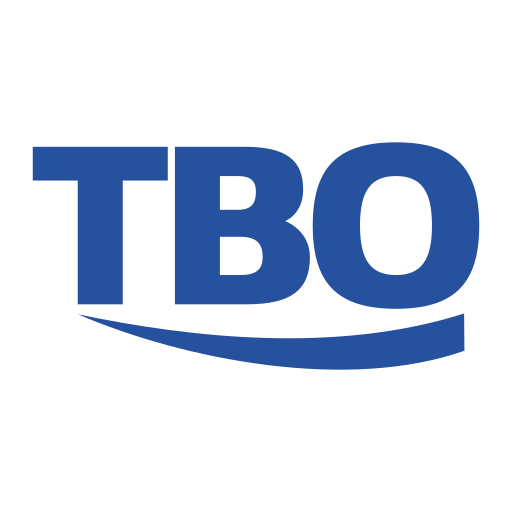
There are a variety of reasons why a background check could be inaccurate. The information itself could be false, or its source could be. Some screening services omit court records and databases with information revealing a criminal history. Others provide outdated data, and more recent developments, such as bankruptcy, are not reflected and consequently not acknowledged. Still other providers use sources with an insufficient volume of data.
A recent state database audit revealed that 33% of criminal charge dispositions were not available and not reflected on the background check. It goes without saying you should choose providers carefully. Companies like CheckPeople use complete sources, producing a comprehensive, complete, and fully reliable background check.
Problems with Inaccurate Background Checks
The main reason checks turn out inaccurate is due to lack of verification of the information they make available. They can include false information as well. In some cases, the information is not about your search target. It’s easy to mix people up. You might get a report on someone with the same name, date of birth, or even SSN.
Then, an employer might end up using inaccurate information to make a hiring decision. This can turn out to be an enormous problem for any organization. Let’s say your background check report was incomplete, leaving out a criminal record, and you hire someone who’s not safe to be around. This is a risk to your workplace, your clients, and your current staff. Statistics show that up to two million people are affected by violence at the workplace every year.
The opposite is also true: you might get a false report and reject a candidate because they committed a crime that’s relevant to the job you’re hiring for. They did no such thing, so they decided to sue you. Of course, they might not, but you’re missing out on a potentially great employee at the very least.
How to Know a Report Will be Accurate
Before you commit to a partnership with a background check provider, make sure they comply with EEOC and Fair Credit Reporting Act guidelines. There are a few questions you should ask. Most screening service providers would be more than happy to answer and refusing to do so is a possible red flag.
These questions include whether the provider educates customers on running background checks on job candidates legally if they comply with the federal and state laws pertaining to screening and whether they use comprehensive and updated sources for their reports. Most importantly, you need to ask how they verify their data. How do they make sure it’s accurate?
If the company holds membership in a reputable organization like the National Association of Professional Background Screeners, it’s certainly a good sign. Asking these questions is a sure way to determine the competence of an organization and the reliability of its reports. After all, we can’t do business with a company we don’t trust, so if something about their responses seems suspicious, you might need to look for a new provider.
Compliance for Background Check Services
Under the above statutes, background check providers have to verify the accuracy of conflicting or potentially adverse information before including it in their findings. You are required to comply with quality assurance regulations by law. These go beyond verification of information. As a prospective employer, you must give your applicants an opportunity to dispute incomplete or false information in the report. It’s obligatory even though it really slows the recruitment process down.
The FTC holds employers as well as background check companies responsible for violations. Screeners are under scrutiny to make sure that they comply and report accurate data.
Cooperating with the Background Check Company
If the screening provider encounters a professional reference, former employer, or university that is not responsive, they might get in touch with the candidate directly for further assistance. The candidate’s cooperation or lack thereof will impact the timeline, sometimes considerably. They might be asked to provide W2 forms, copies of certificates, or alternate verification methods. If someone has been listed as a reference, it’s important to make this person aware of the fact so they’re prepared to respond quickly and adequately when contacted.

